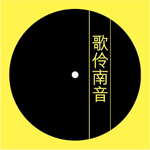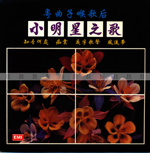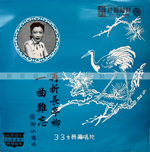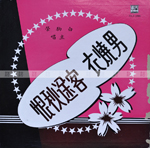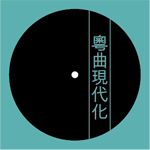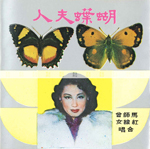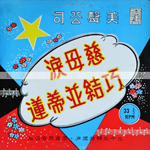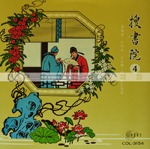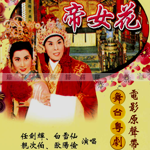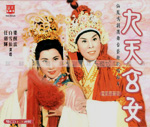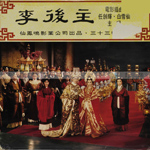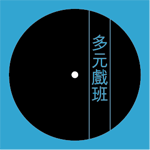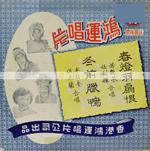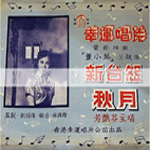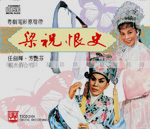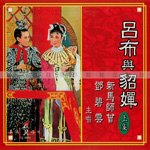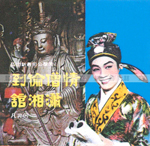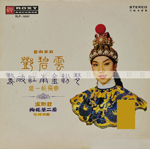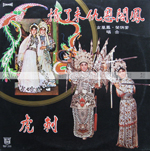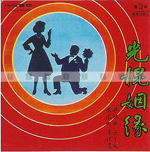Since the early twentieth century, Hong Kong has always been an important venue for Cantonese opera development. After 1949, as a result of political turmoil in the Mainland, performers and troupes converged and resettled in the territory, leading to a tremendous prospering of Cantonese opera in the subsequent decade. This development is linked intimately with the rise of the electronic media.
Performers and troupes began to grasp the possibilities offered by film and radio to re-examine age-old performance practices with regard to acting, singing, script writing, instrumentation, and stage set-up. They brought in novel elements from the theatre and movie world, and participated in the production of films and records. With these acts, they are extending the movement to modernize Cantonese opera that began in the 1930s.
Wong Jum-sum was thoroughly immersed in the world of Cantonese opera from young. Through his close encounter with master performers like Hung Sin-nui, Ma Si-tsang, Yam Kim-fai, Pak Suet-sin and Tong Dik-sang, he witnessed first hand the modernization of Cantonese opera, and was mightily moved by the adventure and passion he saw.
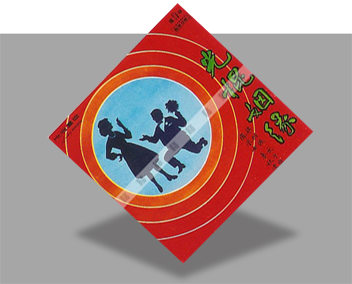

原曲:呂文成
撰曲:潘一帆
音樂:尹自重
主唱:梁醒波(飾時清)
(時清起青梅竹馬)擔番口大雪茄,充生曬認經理,撈世界要醒目,一於當玩把戲之嘛,著起西裝革履,成副 USA 歐西美,我實在無乜聲氣。(轉漁歌晚唱)時常去靠滾,完全係棍返嚟,剛啱有只大鷓鴣,肥就確係肥,今天佢仲約左我去睇大戲。
